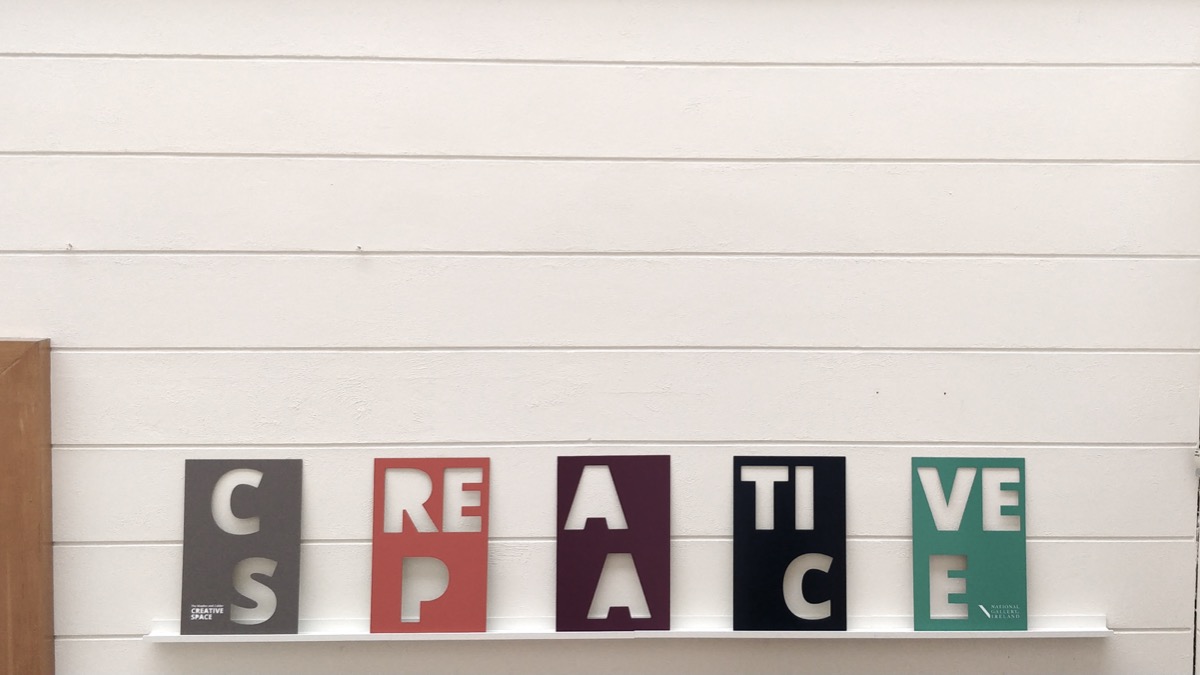This being my last post in my week long challenge, brevity is the name of the game – it’s Friday evening and I’m totally out of juice. My thinking spaces across the week included the train, the library (with views of the sea) and the beach; and the sun shone throughout which helps no end. Spaces are so important to me, whether for thinking, writing or just having a break to clear the head. Each day ends sitting in the park, unless it is raining.

One of the decisions I have had to think about recently is my progress meeting. By default this is due to take place in the summer but I honestly don’t think I will be ready to defend what I am aiming to do just yet. I still need to narrow down my scope and decide on my research question(s). All in all, a date early in the new year sounds a lot more realistic and a lot less stressful. However, I have started to delve into the resources in Blackboard to find out what will be required, best to be prepared after all. There are guidelines, slides and even recorded talks so I have a much clearer idea of what I need to do and what is involved.
At the back of my mind I have also been thinking about data collection or gathering and got Helen Kara’s, Creative Research Methods in the Social Sciences out of the library. She advises thinking creativity not only with regards to data gathering but right from the very beginning, and not fall into the trap of focusing all creativity on a single element of your project. I am looking forward to reading more about Helen’s view of ‘creativity’ my good old weasel word as I work through the book, as well as considering ethical issues involved with non-traditional research approaches.
The importance of taking time to think is often overlooked, perhaps because thinking is an invisible activity and therefore seems less valuable than visible activity with visible results.
Kara, 2016 p 56
Daniel Kanheman divides thinking into fast and slow and I bought his book, Thinking fast and slow, for one of my #mscde modules so I must dig that out, but in the meantime I will take a break from reading and listen to this recent interview below.
I don’t know why I decided to set myself this challenge, on this particular week but I have enjoyed it and as the week went along I began to see how this is part diary, part thinking out loud and part a record of the interesting resources that I am picking up that may not end up in my written papers pre-supervisor meeting. The writing process itself is still something that takes me time, it isn’t fully natural but I mostly enjoy it. I can’t image ever being a spontaneous blogger, I write, edit, write, delete, go away and leave it, edit and finally publish. I am comfortable with this cycle so perhaps my next blogging PhD challenge will be to write and publish in a very limited time period (almost something like my fictionalised hospital story but open), hmmm.
I don’t know whether I will look back at these over the coming years and get any value from them but somehow having a tangible open diary entries of the work I do is on some level satisfying. It is also the space that I will be able to direct people to in the future when I talk about my project so I hope that this enforced ‘nudge’ will encourage me to be more regular in my habits.
References
Kahneman, Daniel. Thinking, Fast And Slow. 1st ed. London: Penguin, 2011. Print.
Kara, H. (2015). Creative research methods in the social sciences: A practical guide. Bristol: Policy Press.

Hi Clare,
I have been following Helen Kara’s blog for some time and really like her style of writing. I’ve added this book to my ‘to read’ list and thanks for the heads up on thinking creatively. On my ‘to do’ list starting Monday ?
Looking forward to your next ‘instalment’.
Sandra.
It is a wonderfully easy book to read with so many ideas on thinking about things differently. I definitely recommend sourcing it. Clare